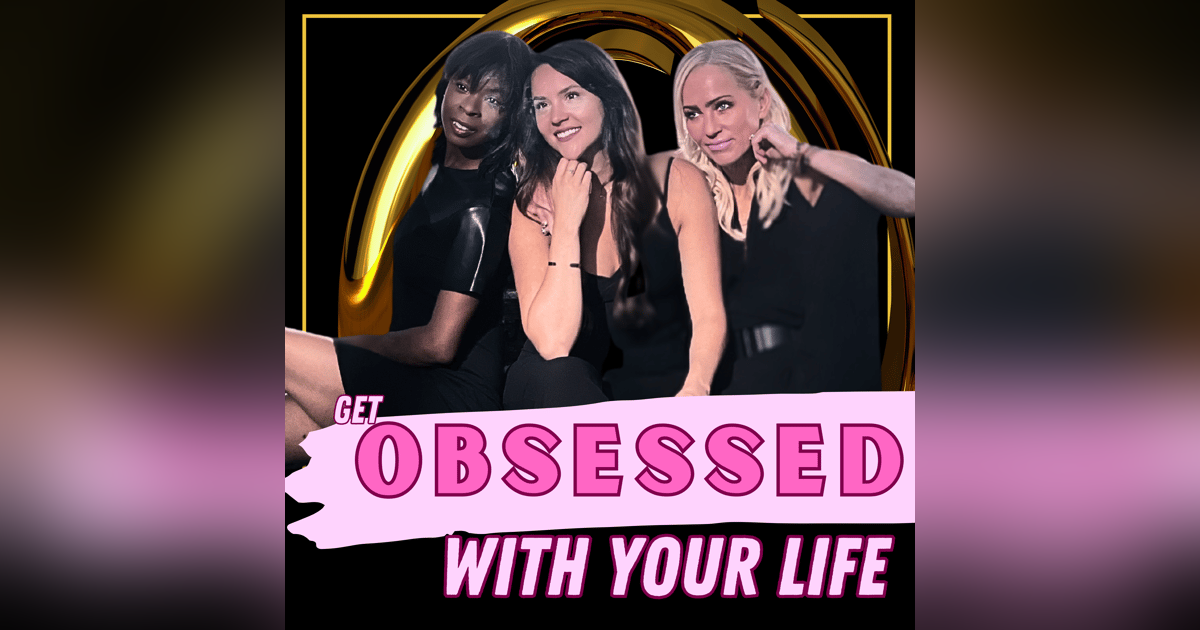

Sign up to get updates from us
By signing up, you agree to receive email from this podcast.


In today's complex world, victimization is an all-too-common experience that many individuals face. Despite its prevalence, it's important to recognize that victimization is a normal aspect of the human experience. This article delves into the reasons behind this phenomenon, providing valuable insights into its psychological and societal roots.
Victimization can manifest in various forms, including bullying, discrimination, abuse, and more. It's crucial to understand that experiencing victimization does not make you weak or inferior; it's an unfortunate part of life that anyone can encounter. By acknowledging its normalcy, we can take the first step towards addressing and overcoming the challenges it presents.
Discover effective strategies to cope with victimization, regain your confidence, and rebuild your life. We'll explore the psychological aspects of resilience, share real-life success stories, and provide practical tips to help you navigate these difficult situations. Whether you're personally affected by victimization or seeking to support someone who is, this resource offers guidance, hope, and empowerment.
Don't let victimization define your life – learn how to rise above it, grow stronger, and lead a fulfilling, empowered life. Explore the world of victimization with us and find the strength to move forward.
Not everyone is a victim, but the concept of victimhood is complex and can be understood in various ways. Here are a few reasons why some people might perceive themselves as victims:
We want to know who you are obsessed with--DM us directly on Instagram at: crown_compassgirls
➡️MEET US LIVE at Cre8tive Con! Cre8tive Con - Metropolis Performing Arts Centre (metropolisarts.com)
Join us as we interview thought leaders like Gary Vaynerchuk, Evan Carmichael, Dr. Laura Berman and MORE!
And learn about how we are changing the world every day: THE WOMEN OF OBSESSED
Get Obsessed with us. Collectively we are a nutritionist, a master certified life coach, an attorney, and a self-esteem expert. We dive into topics that uncover the essence of the human experience. Our stories are one of kicking fear in the face and taking a leap of faith.
We are equally obsessed with the works of Brene Brown and are inspired to study and understand the 30 core